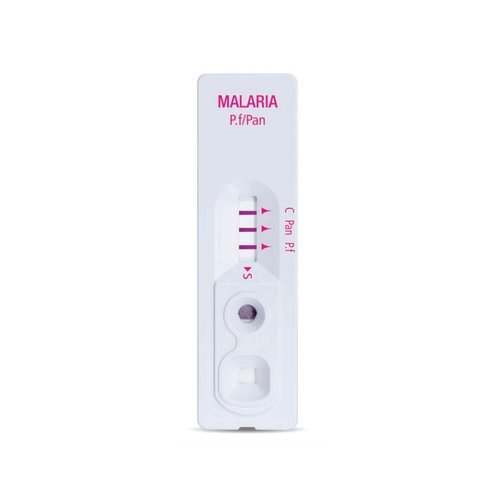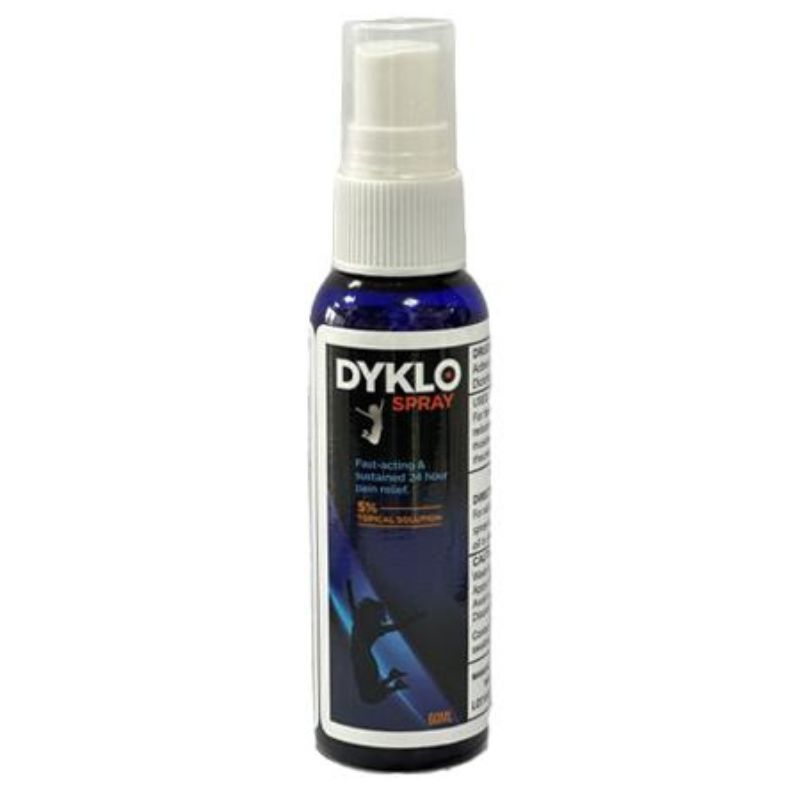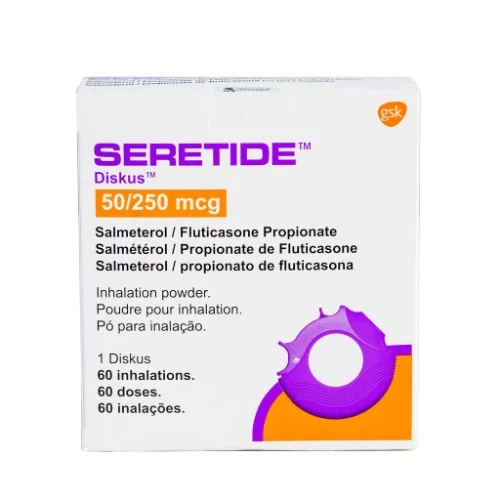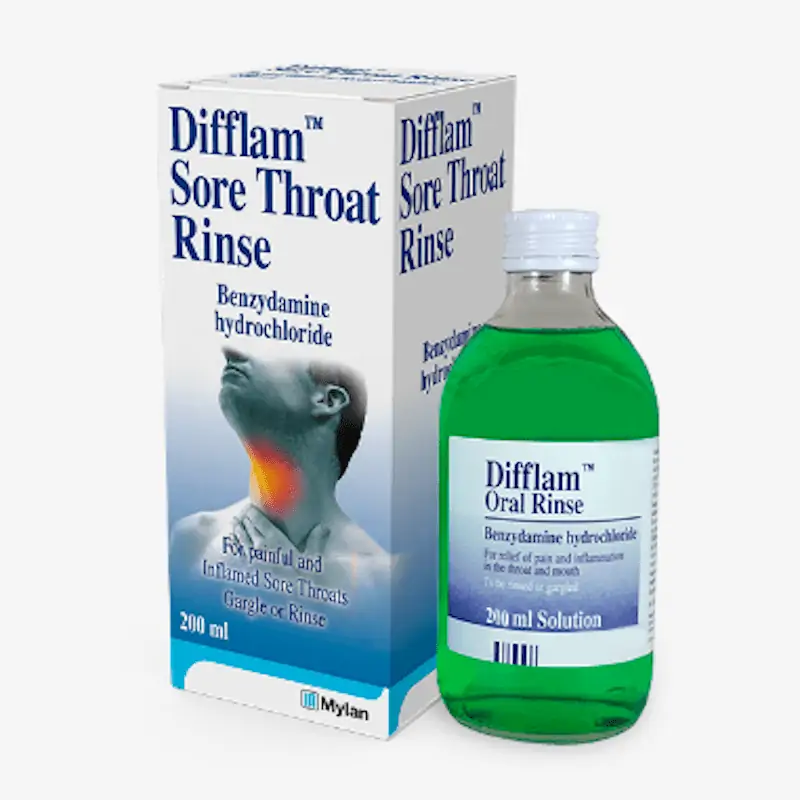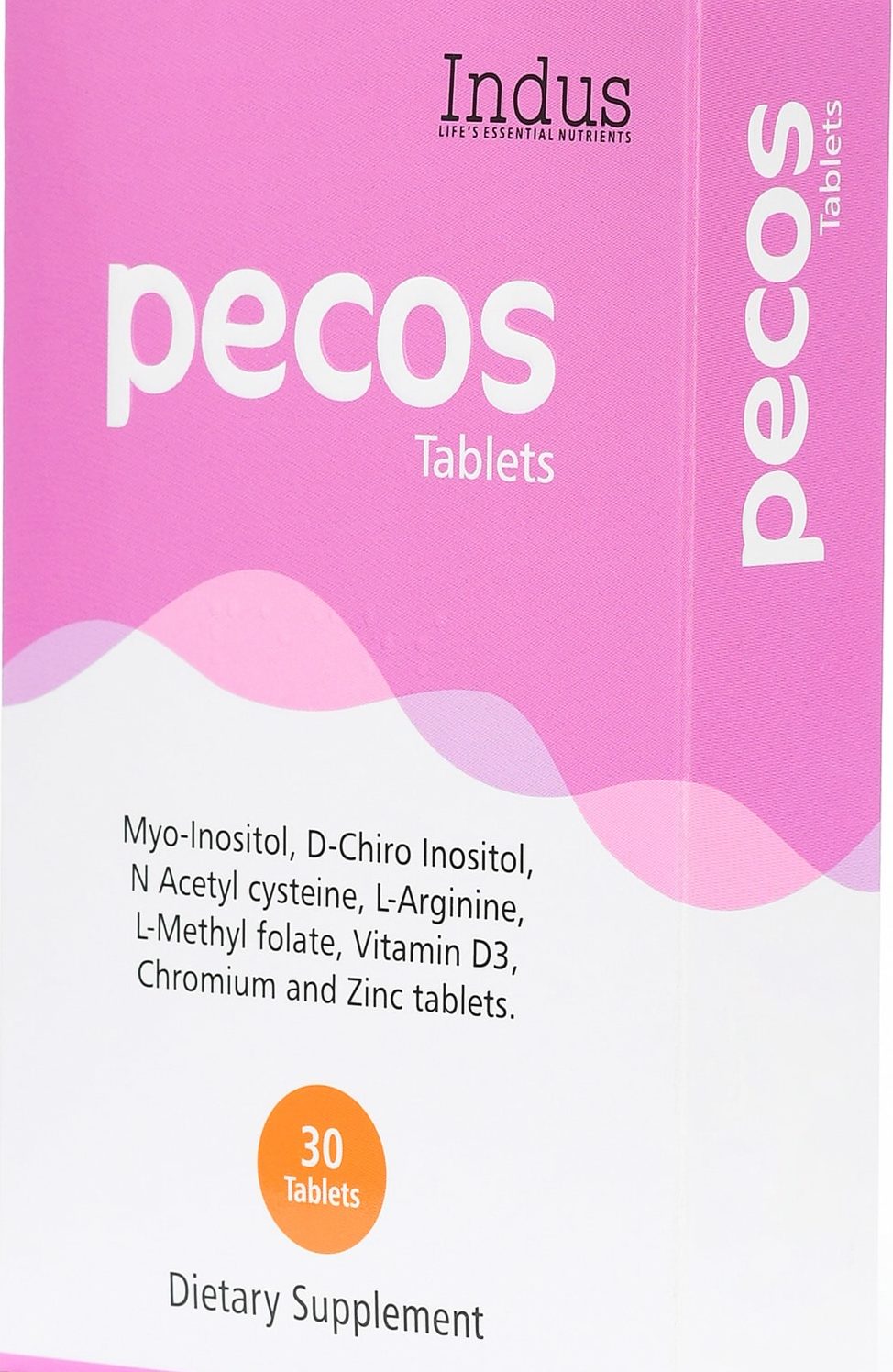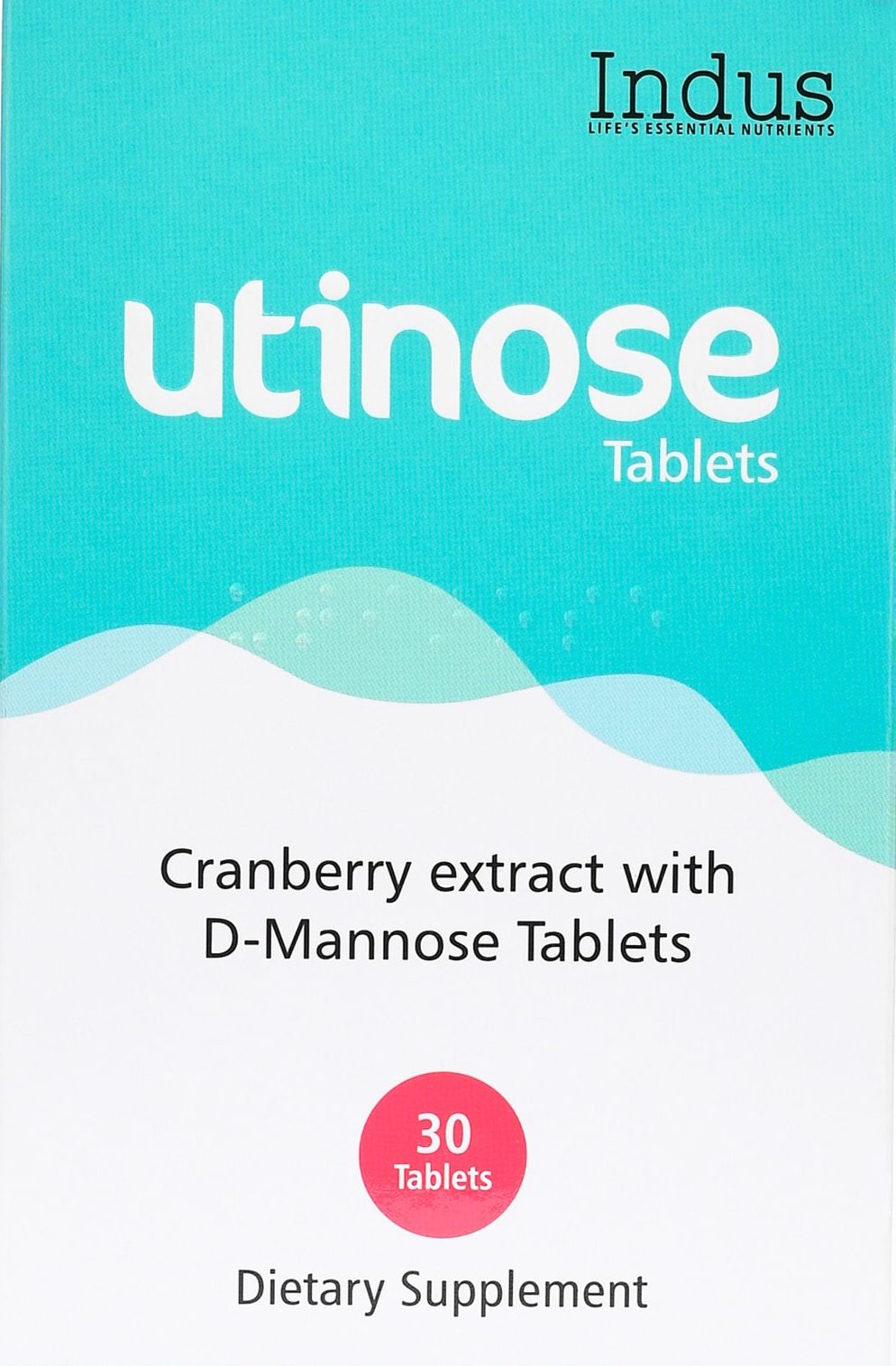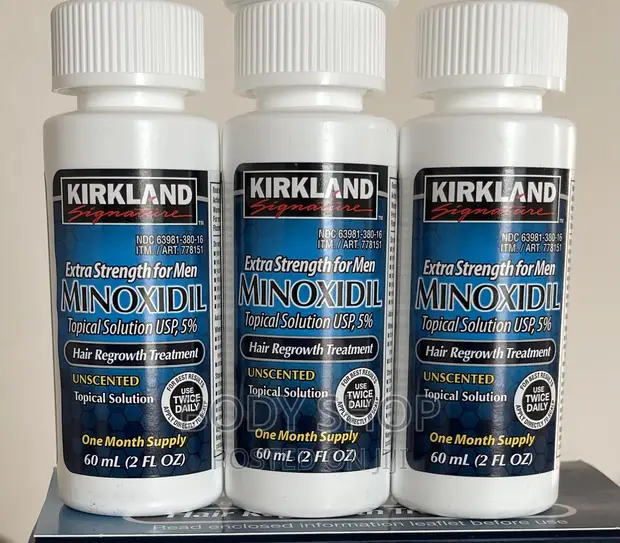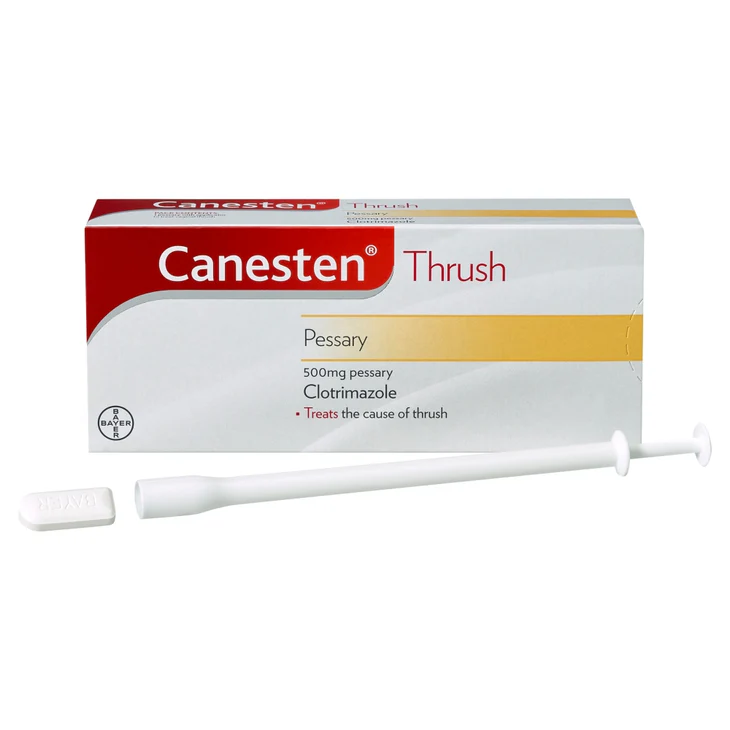Malaria Test Kit
-
 Get 10% discount on your next order. Order now to qualify.
Get 10% discount on your next order. Order now to qualify.
-
 Get 20% cashback on apple app store. Use code P056
Get 20% cashback on apple app store. Use code P056
DELIVERY & RETURNS
Free shipping offer on Pilldoctor and get exclusive offers.
Location
-

Door Delivery Fastest delivery to the door for only 2 days. Don't miss exclusive offer.
-

Pickup Station Fastest delivery to the door for only 2 days. Don't miss exclusive offer.
-

Return Policy Fastest delivery to the door for only 2 days. Don't miss exclusive offer.
Description
Malaria diagnostic test kits detect antigens or antibodies in the serum, plasma or blood through the use of species-specific complementary markers in the test device.
The malaria test kits can detect the presence of both Plasmodium falciparum and Plasmodium vivax infection. Diagnosis consists of a one-step test that takes approximately 20 minutes to provide a result. In the case of a positive result one should consult with their doctor to consider the first stage of treatment.
Our malaria test kits have been shown to be accurate in 98% of cases, clearly demonstrating their reliability. Certain medical factors may influence the result of the diagnostic tests, for instance, an individual taking other medications. Therefore, you should consult a doctor before using malaria test kits.
General Information
Malaria is caused by the Plasmodium protozoan parasite and transmitted by infected Anopheles mosquitos. On average the incubation period is between 9-40 days, depending on the species of parasite.
The uncomplicated symptoms of the disease are often characterized by a malaria attack which lasts 6-10 hours and is associated with a cold stage, a hot stage and a sweating stage. As the disease progresses more severe symptoms develop, linked with serious organ failure and abnormalities in blood or metabolism. Common symptoms of severe malaria include cerebral malaria, severe anemia, hemoglobinuria, acute respiratory distress syndrome, low blood pressure, acute kidney failure, hyperparasitemia, metabolic acidosis, and hypoglycemia.
Once infected with malaria it is possible to relapse following recovery. To prevent malaria, antimalarials have been developed to meet the requirements of different treatment groups i.e. pregnant women, travelers, immigrants, HIV patients. In addition to antimalarials, it is advised to avoid mosquito bites through the use of insect repellant, long-sleeved clothing, and insecticide-treated bed nets.
Malaria is prevalent in broadband around the equator, predominantly affecting the Americas, Asia, and Africa. The tropical and subtropical climates provide an ideal environment for the rapidly reproducing mosquito. Each year there are half a million fatal cases of malaria, primarily young children with little or no acquired immunity. Although the global incidence of malaria cases has decreased by 54% since 2000 there is still a desperate need for a united effort in the fight against malaria.
Treatments
Antimalarials are also available to treat individuals infected with malaria. A variety of different antimalarials are available, for example Artemisinin, Chloroquine, Malarone, Coartem, Lariam, Doxycycline, Clindamycin, Artesuante and Primaquine.
Combination therapies have shown the greatest success in terms of malaria treatment. The choice of antimalarial depends on the severity of the disease, the species of malaria and the geographical location, due to the resistance associated with each variable.
Product Ratings
Highest Ratings
There are no reviews yet.

